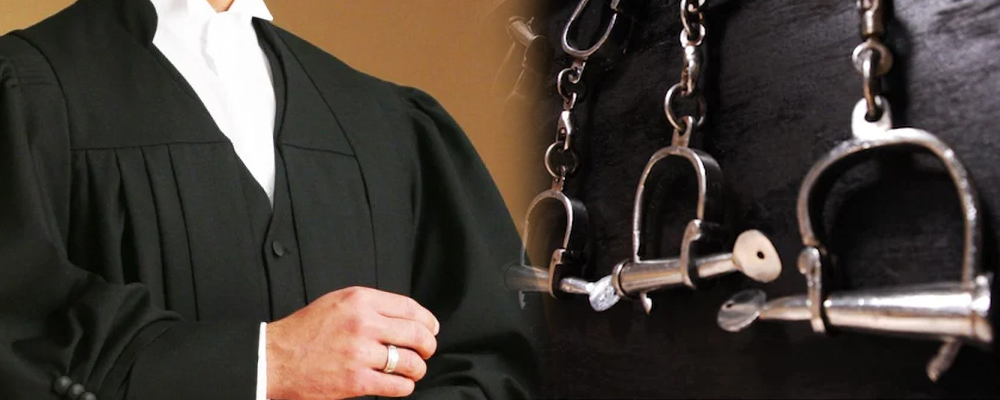The Supreme Court in the case of Hari Shankar Rastogi v Giridhar Sharma (1978), observed that Bar is an extension of the judicial system and an advocate is an officer of the court. An advocate is accountable to the Court and is governed by high professional ethics. The success of the judicial system often depends on the services of the legal profession.
Eight UN Congress, which was held in the year 1990 in Havana, Cuba was on the topic of Prevention of crimes and the Treatment of Offenders. India was also one of the participants, which adopted the “Basic Principles on the Role of Lawyers”. Clauses 16-18 of the Declaration deal with “Guarantees for the functioning of Lawyer”-
Clause 16-
Lawyers could perform their functions without facing any intimidation, hindrance, harassment or improper interference
They could travel freely within or outside the country to consult with their client
They should not be threatened or suffer with any prosecution or economic or administrative or any other sanction for any act they performed in the course of their professional duties and ethics.
Clause 17-
The authorities shall safeguard the security of advocates, if they are threatened while doing their duty.
Clause 18-
As they have represented their clients, a lawyer should not be identified by his client.
Thus, the main motive behind the declaration was to ensure that the advocates could render professional services without any fear or external influence so that ultimately justice could be served and rule of law could be established.
The Advocates (Protection) Bill, 2021 was brought into consideration of the above mentioned Declaration signed by India in the year 1990. There are 14 Sections in the Bill, some of the important points of the Bill are mentioned below-
Section 2: Deals with the definitions-
“Act of violence”- refers to acts of any person against an advocate with an intent to affect the process of litigation before any court. It may include-
Harassment, coercion or assault impacting lives or living conditions
Grievous harm or simple hurt, injury, or danger to advocates’ life within the premises of couture otherwise
Coercion to reveal any privileged information which the lawyer is bound to hold under law
Coercion to not represent his case or to withdraw the vakalatnama
Use any kind of derogatory language during judicial or semi-judicial proceedings.
Section 3-
deals with the punishment mentioned for the offenses mentioned above. It may be punished for a period of 5 to 10 years or fine extending up to 1-2 lakh rupees
Section 4-
deals with the compensation of the offenses- it would be provided by the court for any harm caused to the advocate or any property
Section 5-
deals with the nature of offenses and jurisdiction of the Courts-
Offenses under sec 3 shall be cognizable and non-bailable
Registered case shall be investigated by a police officer not below the rank of Superintendent of Police
The investigation shall be completed within a period of 30 days
The offense shall be tried by the Court not below the Sessions or District Judge
Section 8-
Advocates are deemed to be the officers of the institution- An advocate pleading a party before the court shall be deemed to be an officer of such institution.
Section 10-
deals with malicious prosecution of the Advocates-
If any proceeding against an advocate is found to be vexatious or having malicious intent to derail the process of impartial and fair conduct of any litigation before a court, tribunal where such advocate is engaged, the said proceedings shall be liable to be dismissed with costs
Any person who is found to have initiated such vexatious proceedings against the advocate is liable to pay an amount decided by the court which shall not be less than the amount of rupees 1 lakh.
Section 11-
deals with the presumption as to coercion in the case of a public servant obtaining privileged information from a legal practitioner.
Lead India provides a wide pool of experienced advocates who have experience in dealing with issues related to various fields of law, such as criminal law, civil law, family law, corporate field, etc.





 Talk to a Lawyer
Talk to a Lawyer